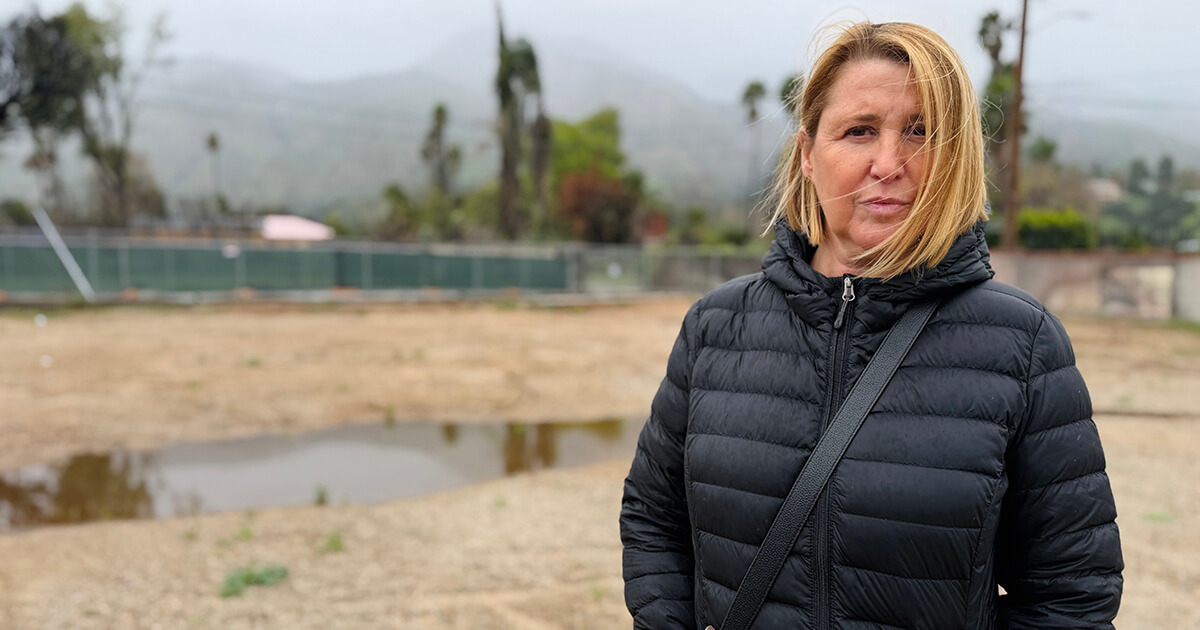Russian Visa Rules Raise Ire
The institution of new visa rules is stoking anxiety and frustration among Jewish groups in Russia.
The regulations severely limit the parameters of multiple-entry business visas — which cover the subsections of religious, humanitarian and cultural visas — by reducing them to 180 days total. In addition, the holder of the 180-day business visa may stay in the country for only 90 of those days.
Russia’s government has accused thousands of foreign visitors, ostensibly in the country for short stays to conduct business, of exploiting a loophole to avoid paying taxes in Russia. But the government hastily instituted the new rules, amid the heavily anti-Western rhetoric of last month’s parliamentary campaign. And the timing of these changes, as well as the many reciprocal penalties for countries with “unfavorable” visa regimes toward Russia, has led many to conclude that politics, both domestic and international, were as much behind the decision to change the rules as purported tax and security concerns.
“I’m not sure it’s connected with the elections, but connected with the general situation in the country,” said Baruch Gorin, a spokesman for the Chabad-led Federation of Jewish Communities of Russia. “We don’t think that this is good news. We are sure that the aim of Russia should be to be more open now instead of more closed.”
Under the previous regime, anyone seeking to work for a foreign organization in Russia could enter the country on a one-year, multiple-entry visa and stay for a full 360 days. Because the workers weren’t required to apply for the more difficult-to-obtain “work” visa, and as such didn’t receive their salaries in Russia, they did not have to pay taxes to the Russian government.
Following the visa’s expiration, the holder would jump out on a “visa run” to a neighboring country and renew the visa. Some foreigners have been using this system to stay for more than a decade at a time. As at non-Jewish organizations, this method has been the norm at such agencies as the American Jewish Joint Distribution Committee, whose workers are here on humanitarian visas.
The changes, which went into effect October 18, 2007, do not target Jews specifically, but they are having a huge impact on Jewish organizations, particularly the Chabad-led federation.
Most of the federation’s rabbis in the larger communities are foreign, which means that without work permits they will be forced to spend half the year away from their congregations. In the farther-flung regions, many of them are able to obtain so-called green cards, which allow them to stay without a work permit. But in larger cities with more foreigners, these sought-after cards are in short supply.
For the Chabad-led federation, which has an estimated 500-plus foreign employees and family members in the country, most of whom hold either Israeli or American citizenship, this constitutes a tremendous weight on operating costs.
For example, the JDC is not clear on whether its employees are humanitarian workers or religious workers, or on what that means for their visas. Despite repeated questioning of government workers, the organization says it still has not received clear-cut guidance.
Numerous requests for such clarification have gone unheeded, but a representative of the Russian government says its new rules are no different than those in other countries.
“If you take a look at the European Union countries, we will see that they have exactly the same system,” said Alexander Aksenov, an official with the Federal Migration Service, in his speech last November at the U.S. Chamber of Commerce.















